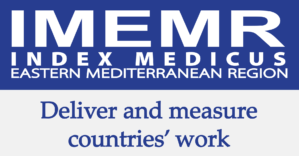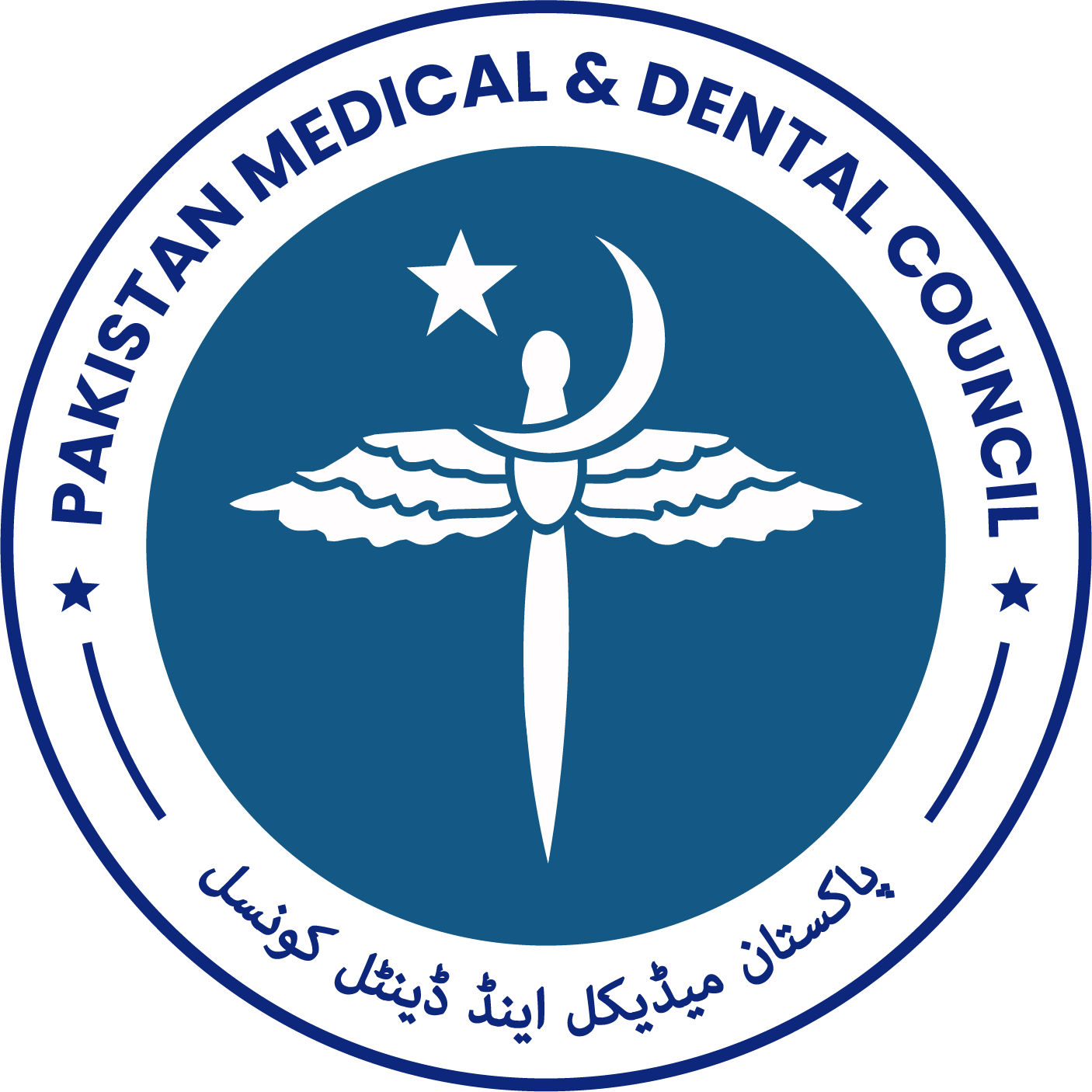Student’s Perception of Computer Based Assessment Environment in an Undergraduate Medical College
DOI:
https://doi.org/10.53685/jshmdc.v4i1.142Keywords:
Computers based assessment, Perception, Medical StudentsAbstract
Background: It is emphasized in medical education that assessment drives learning. In 2020, during the first COVID-19 lockdown, University College of Medicine and Dentistry made a shift towards Computer Based Assessments (CBAs) in order to facilitate learning.
Objective: To determine undergraduate medical student’s perception for computer based assessment environment in medical school
Methods: The cross-sectional descriptive study was conducted at the University of Lahore, Pakistan, from May 2022 to September 2022, and included undergraduate medical students who were requested to complete the Assessment Environment Questionnaire. Students' individual perception scores were calculated and the means of individual domains and global scores were compared in different academic years. SPSS version 23 was used for statistical analysis.
Results: Of 574 participants, 20% of the participants were from 1st year, 20.7% were from second year, 20% from 3rd year, 19.9% from 4thyear and 19.3% from final year. Generally, the students perceived their assessment environment positive resulting in a global mean score of 67.6±13.7 out of the maximum 80. First year students scored significantly higher (P <0.01) compared to other years.
Conclusion: The students' perception for computer based assessment environment was positive
References
Moghaddam AK, Khankeh HR, Shariati M, Norcini J, Jalili M. Educational impact of assessment on medical students’ learning at Tehran University of Medical Sciences: a qualitative study. BMJ open. 2019; 9(7): e031014. doi:10.1136/bmjopen-2019-031014 DOI: https://doi.org/10.1136/bmjopen-2019-031014
Elshama SS. How to use and apply assessment tools in medical education?. Iberoamerican J Med. 2020; 2(4): 351-359. doi:10.5281/zenodo.3 978444 DOI: https://doi.org/10.53986/ibjm.2020.0059
Epstein RM. Assessment in medical education. N Eng J Med. 2007; 356(4): 387-396.doi:10.1056/nejmra054784 DOI: https://doi.org/10.1056/NEJMra054784
Dong, D. Educational assessments in the COVID-19 era and beyond, National Academy of Education. United States of America. Retrieved on 13 Jun 2023 from: https://policycommons.net/artifacts/1735989/educational-assessments-in-the-covid-19-era-and-beyond/2467638/.CID: 20.500.12592/vtnvn6
Cantillon P, Irish B, Sales D. Using computers for assessment in medicine. BMJ. 2004; 329: 606. doi:10.1136/bmj.329.7466.6 06 DOI: https://doi.org/10.1136/bmj.329.7466.606
Hochlehnert A, Brass K, Moeltner A, Juenger J. Does medical students' preference of test format (computer-based vs. paper-based) have an influence on performance?. BMC Med Educ. 2011; 11(1): 1-6. doi:10.11 86/1472-6920-11-89 DOI: https://doi.org/10.1186/1472-6920-11-89
Al-Mohaimeed A. Perceptions of the educational environment of a new medical school, Saudi Arabia. Int J Health Sci (Qassim). 2013; 7(2): 150-159. doi:10.12816/ 0006039. DOI: https://doi.org/10.12816/0006039
Adam SK, Mazlan NA, Selvakumar S, Teh XH, Idris F. Undergraduate students’ perception on assessment experience in a Malaysian medical school: Comparison among gender, ethnicity and phase of study. IIUM Med J Malaysia. 2021; 20(3) doi:10.3 1436/ imjm.v20i3.1647 DOI: https://doi.org/10.31436/imjm.v20i3.1647
Hiong Sim J, Ting Tong W, Hong WH, Vadivelu J, Hassan H. Development of an instrument to measure medical students’ perceptions of the assessment environment: initial validation. Med Educ Online. 2015; 20(1): 28612. doi:10.3402/ meo.v20.28612 DOI: https://doi.org/10.3402/meo.v20.28612
Khamis S, Selamat A. The Use of Feedback in the Classroom Assessment: A Case Study. Int J Acad Res Progress Edu Dev. 2019; 8(3): 325-334. doi:10.6007/IJARPED/ v8-i3/6426 DOI: https://doi.org/10.6007/IJARPED/v8-i3/6426
Subheesh N, Sethy SS. Learning through assessment and feedback practices: A critical review of engineering education settings. EURASIA J. Math., Sci Tech. Ed. 2020; 16(3): em1829. doi:10.29333/ejmste/ 114157 DOI: https://doi.org/10.29333/ejmste/114157
Castro MABe, de Almeida RLM, Lucchetti ALG, Tibiriçá SHC, da Silva Ezequiel O, Lucchetti GJMSE. The Use of Feedback in Improving the Knowledge, Attitudes and Skills of Medical Students: a Systematic Review and Meta-analysis of Randomized Controlled Trials. Med Sci Educ. 2021; 31(6): 2093-2104. doi:10.1007/s40670-021-0 1443-3 DOI: https://doi.org/10.1007/s40670-021-01443-3
Ali N, Ahmed L, Rose S. Identifying predictors of students’ perception of and engagement with assessment feedback. Active Learn High Educ 2018. 19(3), 239–251. doi:10.1177/ 1469787417735609 DOI: https://doi.org/10.1177/1469787417735609
Van der Kleij FM, Eggen TJ, Timmers CF, Veldkamp BPJC, Education. Effects of feedback in a computer-based assessment for learning. Comput Educ. 2012; 58(1): 263-272. doi:10.1016/j.compedu.2011.07.0 20 DOI: https://doi.org/10.1016/j.compedu.2011.07.020
Fui CS, Lian LH. How do Students Perceived Computerized Feedback as Effective?. EURASIA J Math Sci Tech Ed. 2018; 14(6): 2669-2682. doi:10.29333/ejms te/90265. DOI: https://doi.org/10.29333/ejmste/90265
Adarkwah MA. The power of assessment feedback in teaching and learning: a narrative review and synthesis of the literature. SN Soc Sci. 2021; 1(3): 75. doi:10 .1007/s43545-021-00086 DOI: https://doi.org/10.1007/s43545-021-00086-w
MacCarrick GR. A practical guide to using the World Federation for Medical Education (WFME) standards. WFME 1: mission and objectives. Ir J Med Sci. 2010; 179: 483-487. doi:10.1007/s11845-010-0541-z. DOI: https://doi.org/10.1007/s11845-010-0541-z
Munir M, Ali MS, Iqbal A, Farid MF, Siddique M. Relationship between learning environment and performance of students at university level. Humanit Soc Sci. Rev. 2021; 9(3): 877-884. doi:10.18510/h ssr.2021.9385 DOI: https://doi.org/10.18510/hssr.2021.9385
Daryazadeh S, Faghihi A. Experiences of Medical Students About Computer-based Testing: A Qualitative Study. Educ Res Med Sci. 2020; 9(2). doi:10.5812/ erms.1070 35. DOI: https://doi.org/10.5812/erms.107035
Debuse JC, Lawley M. Benefits and drawbacks of computer‐based assessment and feedback systems: Student and educator perspectives. Br J Educ Technol. 2016; 47 (2): 294-301. doi:10.1111/bjet.12232 DOI: https://doi.org/10.1111/bjet.12232
Downloads
Published
How to Cite
Issue
Section
License
Copyright (c) 2023 Kinza Aslam, Syed Hussain Raza Zaidi, Tayyaba Azhar, Fatima Zia Zaidi, Maimoona

This work is licensed under a Creative Commons Attribution-NonCommercial 4.0 International License.
You are free to:
- Share — copy and redistribute the material in any medium or format
- Adapt — remix, transform, and build upon the material
- The licensor cannot revoke these freedoms as long as you follow the license terms.
Under the following terms:
-
Attribution — You must give appropriate credit, provide a link to the license, and indicate if changes were made. You may do so in any reasonable manner, but not in any way that suggests the licensor endorses you or your use.
-
Non Commercial — You may not use the material for commercial purposes.
-
No additional restrictions — You may not apply legal terms or technological measures that legally restrict others from doing anything the license permits.





















